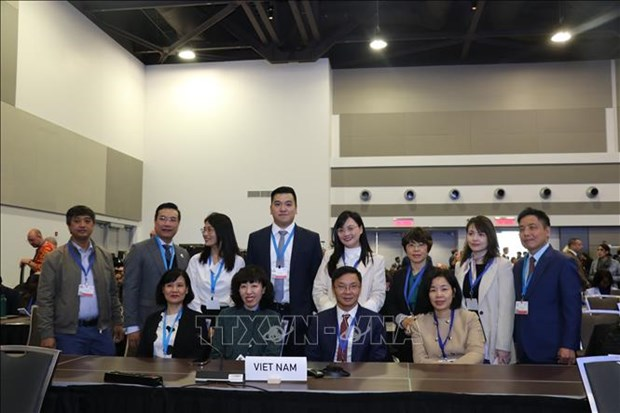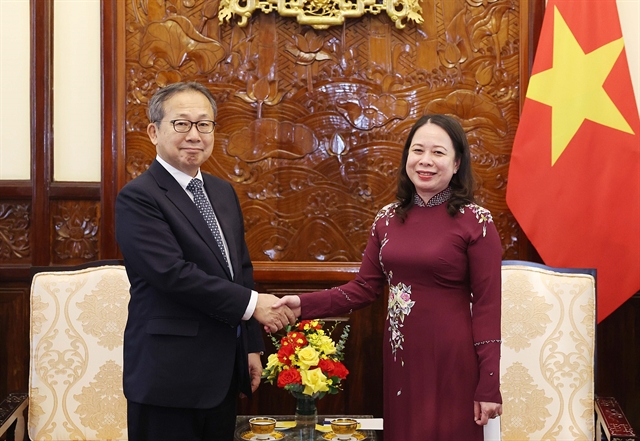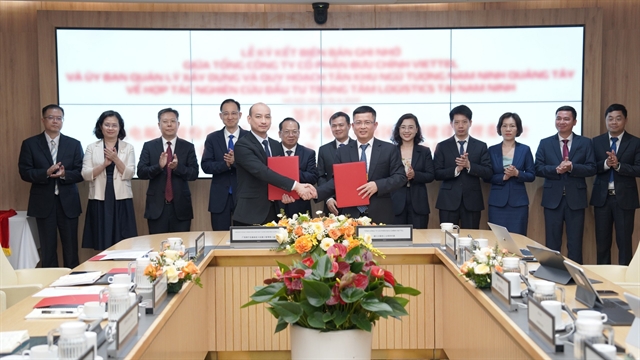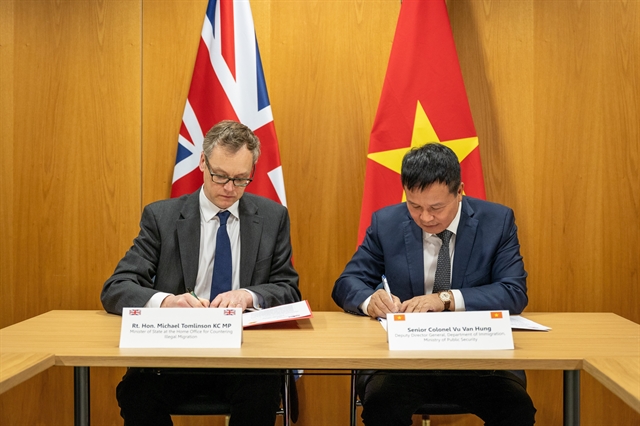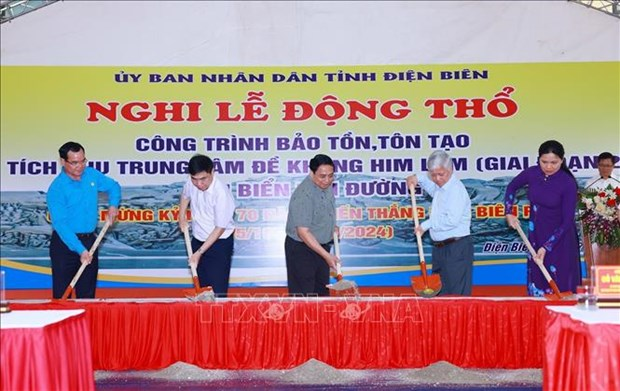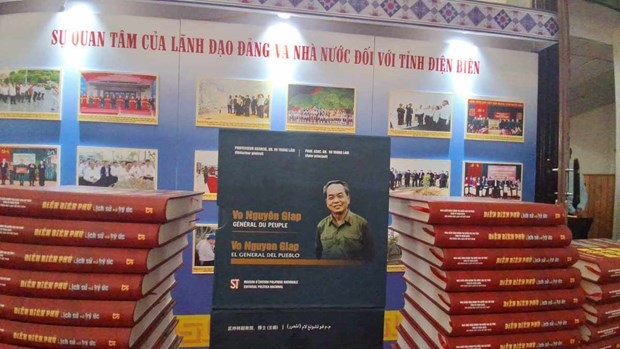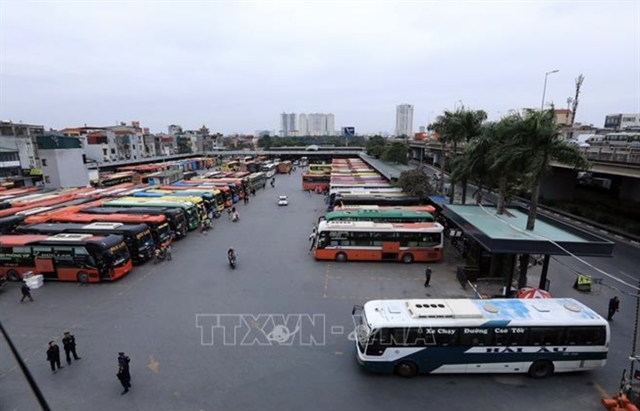 Society
Society

The development of hi-tech farms for large-scale animal husbandry in Bà Rịa – Vũng Tàu Province has reduced costs and improved livestock quality and protects the environment.
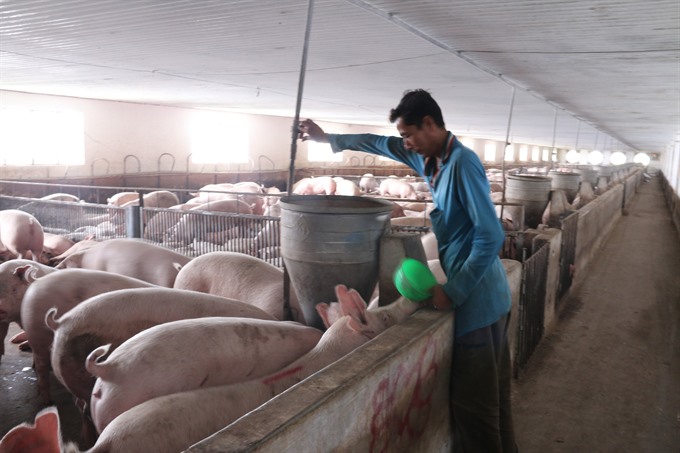 |
| Phạm Xuân Hùng’s hi-tech pig farm in Bà Rịa-Vũng Tàu Province’s Châu Đức District. — VNA/VNS Photo Hoàng Nhị |
BÀ RỊA-VŨNG TÀU — The development of hi-tech farms for large-scale animal husbandry in Bà Rịa–Vũng Tàu Province has reduced costs and improved livestock quality and protects the environment.
Phạm Xuân Hùng’s pig farm in Châu Đức District’s Suối Rao Commune is equipped with air conditioners and has 5,000 animals.
Built in 2014, it also has a treatment system for swine manure based on solid-liquid separation. The treated pig manure is used to make fertilisers.
Phạm Đức Mạnh, who manages the place, said: “Pigs bred in an air-conditioned place have few diseases, need few antibiotics and grow rapidly. Thus, the farm can save on feed.”
The farm has a contract with a company and supplies 10,000 pigs a year, earning a profit of more than VNĐ1.5 billion (US$64,200), he said.
Nguyễn Thị Bông’s air-conditioned poultry farm in Châu Đức District’s Suối Rao Commune breeds 20,000 hens for eggs.
It has two breeding rooms of 1,200sq.m each.
The farm was built this year at a cost of VNĐ3.2 billion ($137,000).
Hoàng Tiến Khởi, who manages the place, said hens raised on the farm have a high rate of laying eggs and for a longer period compared to traditional farms.
Buyers rate the quality of the eggs highly and say they match eggs laid by free-range hens, he said.
The farm produces some 18,000 eggs daily.
Besides installing air conditioners, many individual farmers and companies in the southern province use probiotic liners on the ground in their breeding facilities to prevent disease outbreaks and bad odour caused by animal waste.
The liners are made with a layer of rice husk and probiotics.
Trần Văn Cường, director of the province’s Department of Agriculture and Rural Development, said the province plans to develop oxen, cow, pig and poultry breeding using semi-industrial and industrial farming models.
It would enable the use of advanced breeding techniques, he said.
The province has 87 hi-tech farms that raise pigs or poultry, mostly in Xuyên Mộc, Tân Thành, Châu Đức and Đất Đỏ districts.
They account for 37 per cent of the province’s poultry and 53 per cent of pigs, according to Giao Văn Sỹ, head of the province’s Animal Health Sub-department’s animal husbandry division.
To boost the development of the model, local authorities should advocate the benefits and advantages of the use of advanced techniques in animal farming, he said.
They should also have preferential policies like soft loans, tax concessions and identify markets to develop sustainable animal farming, he added. — VNS


